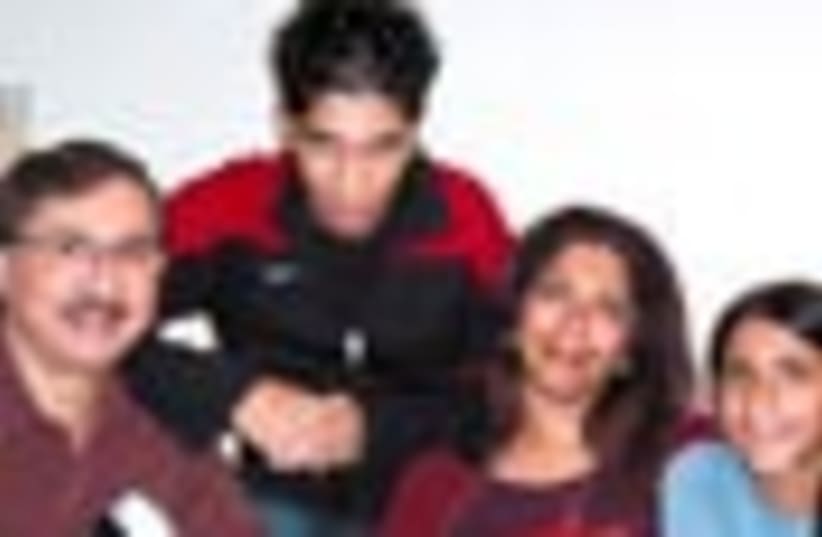| More about: | Beersheba, India, Pune, Jewish Agency for Israel |
Arrivals: From India to Beersheba
The Reubens, who made aliya from Pune, India weren't shipwrecked, but their aliya has demanded an abundance of true grit.


| More about: | Beersheba, India, Pune, Jewish Agency for Israel |